The treatment of alkyl chlorides with aqueous KOH leads to the formation of alcohols but in the presence of alcoholic KOH, alkenes are major products. Explain.
In aqueous KOH, KOH is almost completely ionized to give OH− ions. The OH− being strong nucleophile, results into substitution reaction on alkyl chlorides to form alcohols. Moreover, in aqueous solution, the OH− ions are highly hydrated (solvated). The hydration reduces the basic character of OH− ions which therefore, fails to abstract a hydrogen from the β-carbon of the alkyl chloride to form an alkene.
On the other hand, an alcoholic solution of KOH contains alkoxide (RO−) ions which being stronger base than OH− ions preferentially eliminates a molecule of HCl from an alkyl halide to form alkenes.
Topper's Solved these Questions
- BOOK - MODERN PUBLICATIONCHAPTER - HALOALKANES AND HALOARENESEXERCISE - NCERT examplar Problems (Multiple Choice Questions (Type-I))31videos
HALOALKANES AND HALOARENES
- BOOK - MODERN PUBLICATIONCHAPTER - HALOALKANES AND HALOARENESEXERCISE - NCERT examplar Problems (Multiple Choice Questions (Type-II))12videos
HALOALKANES AND HALOARENES
- BOOK - MODERN PUBLICATIONCHAPTER - HALOALKANES AND HALOARENESEXERCISE - NCERT Textbooks Exercises1videos
HALOALKANES AND HALOARENES
- BOOK - MODERN PUBLICATIONCHAPTER - EQUILIBRIUMEXERCISE - Unit Practice Test13videos
EQUILIBRIUM
- BOOK - MODERN PUBLICATIONCHAPTER - HYDROCARBONSEXERCISE - UNIT PRACTICE TEST15videos
HYDROCARBONS
Similar Questions
The treatment of alkyl chlorides with aqueous KOH leads to the formation of alcohols but in the presence of alcoholic KOH, alkenes are major products. Explain.
View SolutionThe treatment of alkyl chloride with aqueous KOH leads to formation of alcohols but in the presence of alcoholic KOH, alkenes are major products. Explain.
View Solution
Knowledge Check
- Question 1 - Select One
Haloalkane in the presence of alcoholic KOH undergoes
AeliminationBpolymerizationCsubstitutionDdimerization - Question 2 - Select One
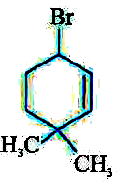 on treatment with aqueous KOHA
on treatment with aqueous KOHA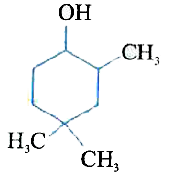 B
B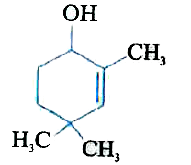 C
C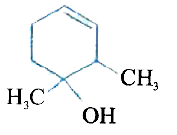 D
D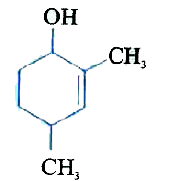
- Question 3 - Select One
2-Chlorobutane on treatment with alcoholic KOH/Δ gives major product :
A2-ButeneB1-ButeneC2-ButanolD1-Butyne
The treatment of alkyl chlorides with aqueous KOH leads to the formation of alcohols but in the presence of alcoholic KOH, alkenes are major products. Explain.
View Solutiona. The treatment of RX with aqueous KOH leads to the information of alcohols but in the presence of alcholic KOH or NaOH, alkenes are the major products. Expalin why.
b. CHF3 is less acidic than CHCl3. Explain.
c. Wurtz reaction in case of tert-alkyl halide fails. Explain.
d. Dipole moment of C6H5Cl is lower than that of C6H11Cl (cuclohexul choride). Expalin why.
e. Why should Grignard reagent be prepared under anthydrous conditions?
f. Why does p− dichlorobenzene have higher melting point and lower solubility than o− and m− isomers ?View SolutionThe reaction of chloroform with alcoholic KOH and p-toluidine form-
View SolutionThe reaction of chloroform with alcoholic KOH and p-toluidine forms:
View SolutionThe reaction of chloroform with alcoholic KOH and p-toluidine forms :
View Solution

